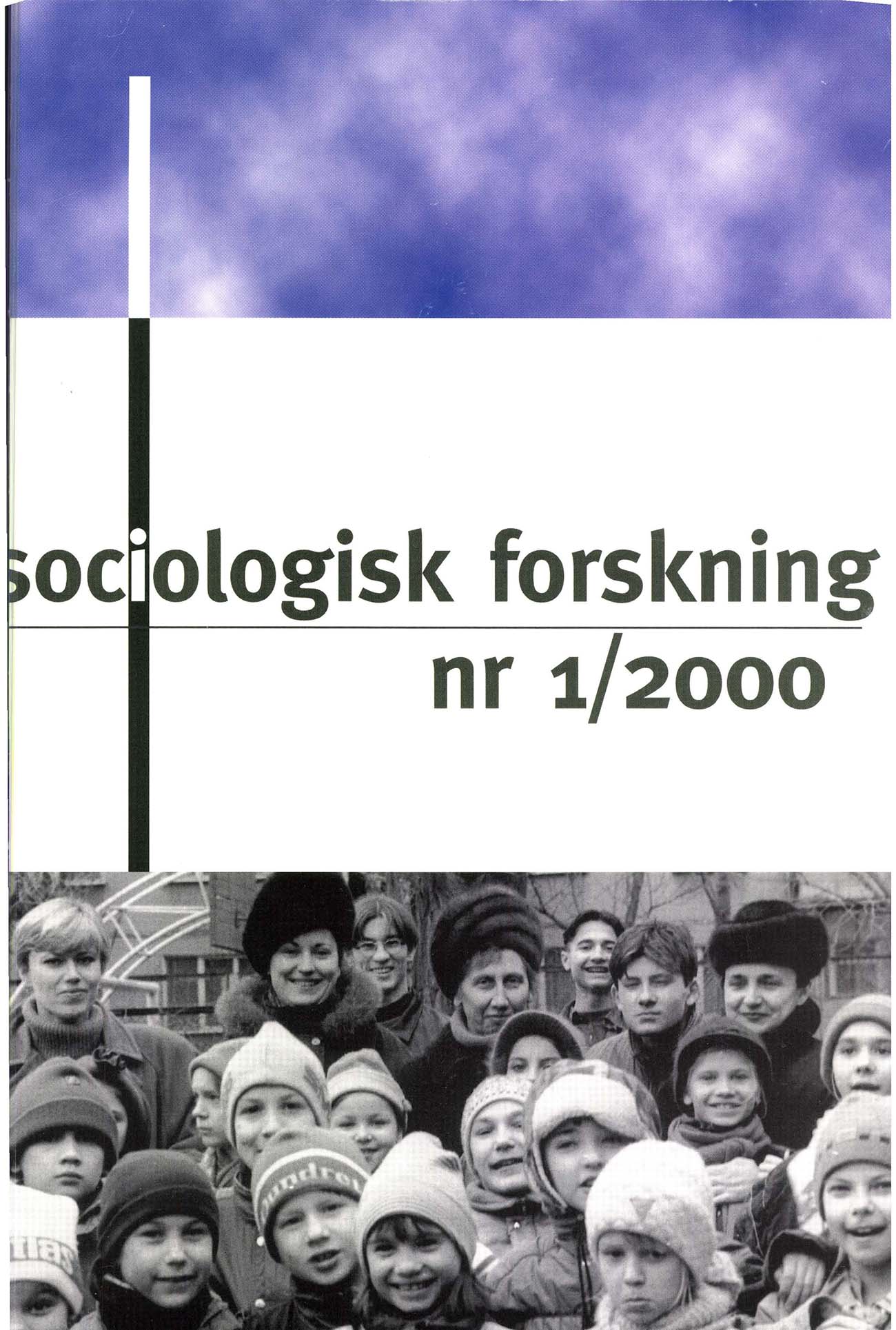Stagnation, sammanbrott och social nyordning - rötterna till den ryska folkhälsokrisen
DOI:
https://doi.org/10.37062/sf.37.19471Keywords:
Russia, stagnation, transition, health, mortalityAbstract
Stagnation, break-down and a new social order - the roots of the Russian public health crisis
Long term trends of deteriorating health status in Soviet Union and Eastern Europe during the last two decades of communism were followed by a new crisis in health, after the collapse of its social system. In contrast, the perestroika period coincided with strongly improved public health. Explanations for the latest Russian health crisis are discussed. It is concluded that explanations based on poor medical care, excessive alcohol consumption or nutrional deprivation are, at best, insufficient. The collapse of the social system itself has lead to a narrowing of individual and collective decision latitudes; we speculate that historical factors, such as vulnerability of specific birth cohorts or segments of the population, may be part of the unexpected and very steep rise of mortality during the first half of the 1990s.
Downloads
Published
How to Cite
Issue
Section
License
All content in Sociologisk Forskning is published with immediate open access, under the Creative Commons license CC BY-NC-ND 4.0.
All content may be read, downloaded, shared and printed for non-commercial purposes, free and without fees. Contents may not be altered. When content is reused, author, source and a link to the copyright licence must be provided. The author retains copyright to their content. No publication fees are charged.





